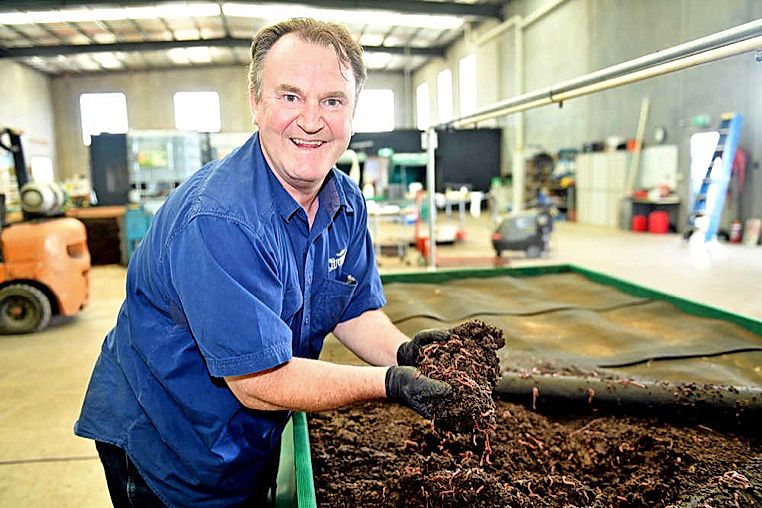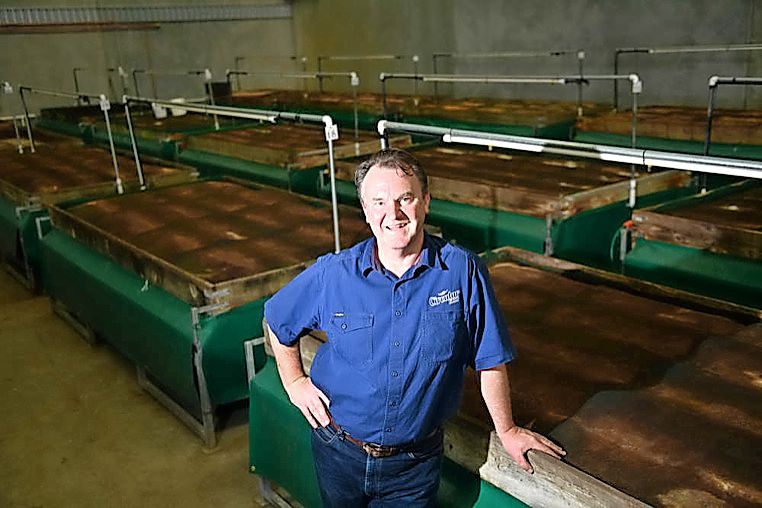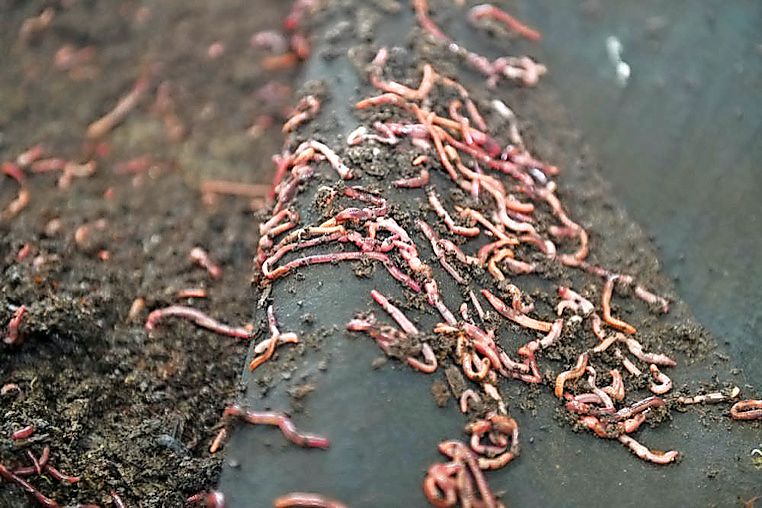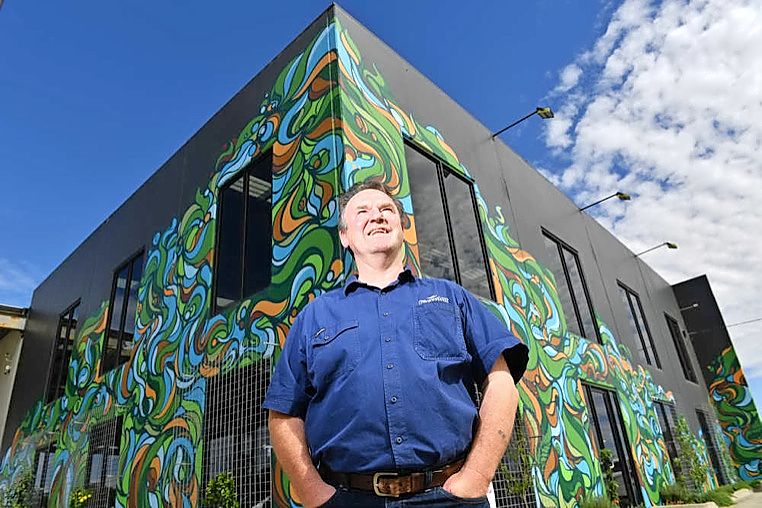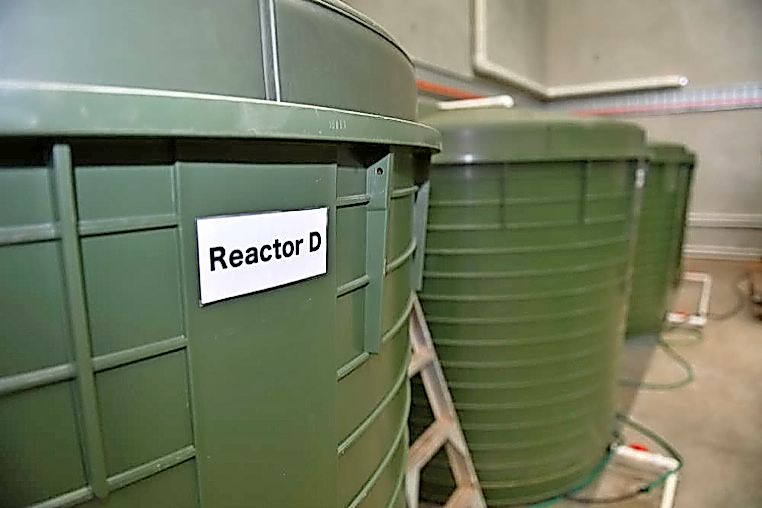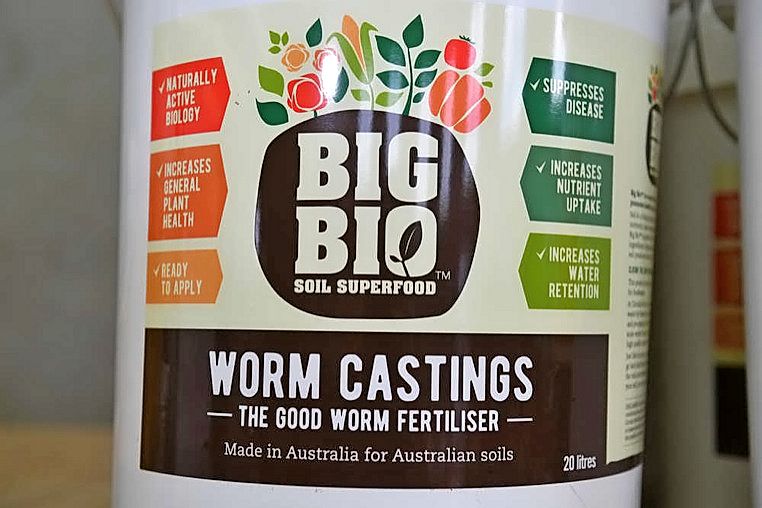You could be forgiven for driving past Circular Food’s colourful factory on the Hume Highway, not realising it’s home to one of the largest commercial worm farms in Australia.
The Somerton company collects food waste from local cafes and the Melbourne Wholesale Fruit, Vegetable and Flower Market at Epping, converting scraps and leftovers into fertiliser using earthworms.
Chief executive Steve Morriss said the company had 28 beds housing millions of worms.
He said the company produced 12,000 litres of liquid fertiliser each month, and 28,000 litres of solid fertiliser every three months.
Circular Food is working with the CSIRO in the hope of being able to boost production to 12,000 litres of liquid fertiliser each week.

Mr Morriss said he started the company because he is passionate about sustainability.
He said Circular Food is aiming to turn worm farming from a hobby into a commercial business.
“We want to minimise the footprint on moving food waste and distributing fertiliser.
“Our goal is for food waste to be turned into fertiliser,” he said.
“Worm farming is an ancient process. People have always been aware of the benefits of earthworms. This is a new and innovative approach to providing low-cost fertiliser.
“We are taking worm farming into the modern world. Our goal is to create a whole new industry.”

The company also sells domestic worm farms, and it runs education sessions on Saturdays to teach people how to get the most out of their earth worms.
The classes run from 10-11 am at 105 Hume Highway, Somerton. Booking are essential.
Details: 9305 3324


